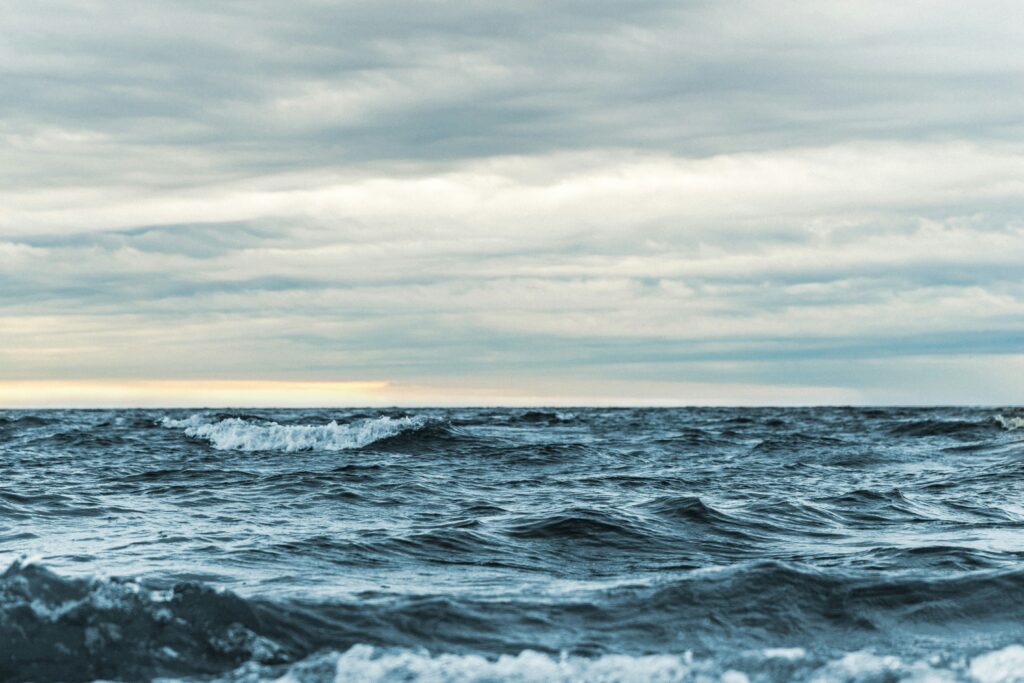Ocean
The ocean is a vital resource for transport, food production, energy, climate, and the environment. Ocean-based industries such as aquaculture, fisheries, and shipping are among Norway’s most important export sectors and play a key role in value creation, employment, and societal development.
NR has long experience supporting actors in the ocean sector through knowledge development and decision support. Our work ranges from stock estimation of fish and marine mammals to analyses of infectious diseases and population density in aquaculture facilities. We also use image analysis and deep learning to make better use of observational data, supporting monitoring and decision-making in complex marine contexts, including resource management, environmental monitoring, and operations.
